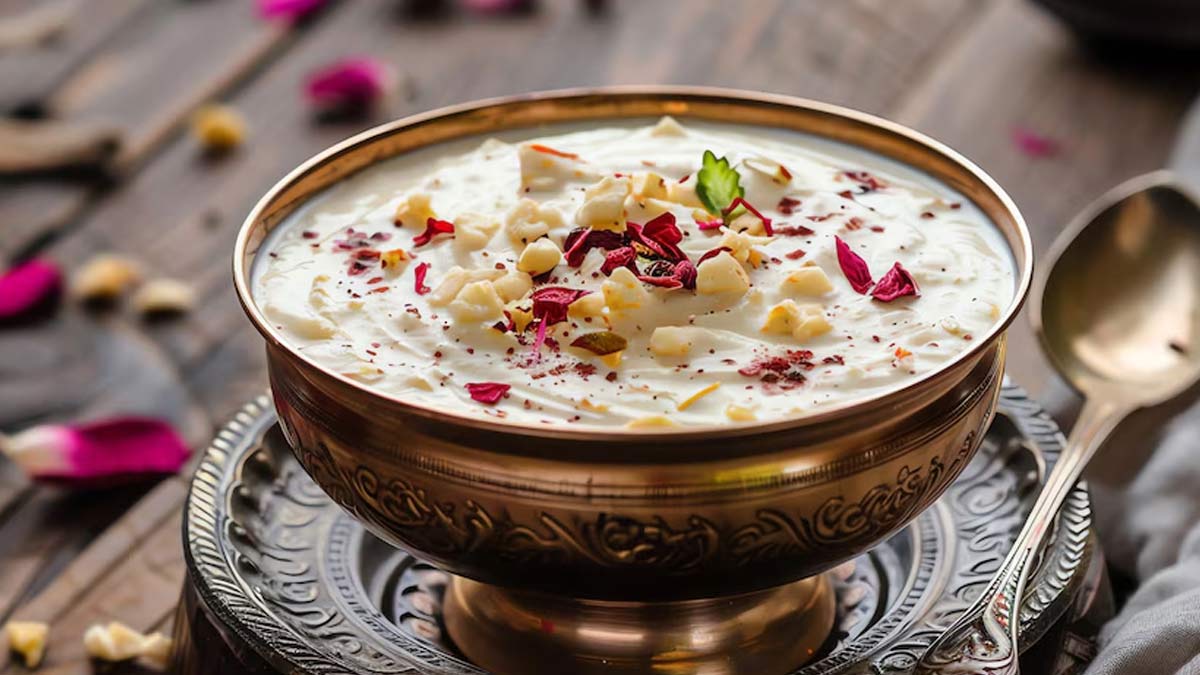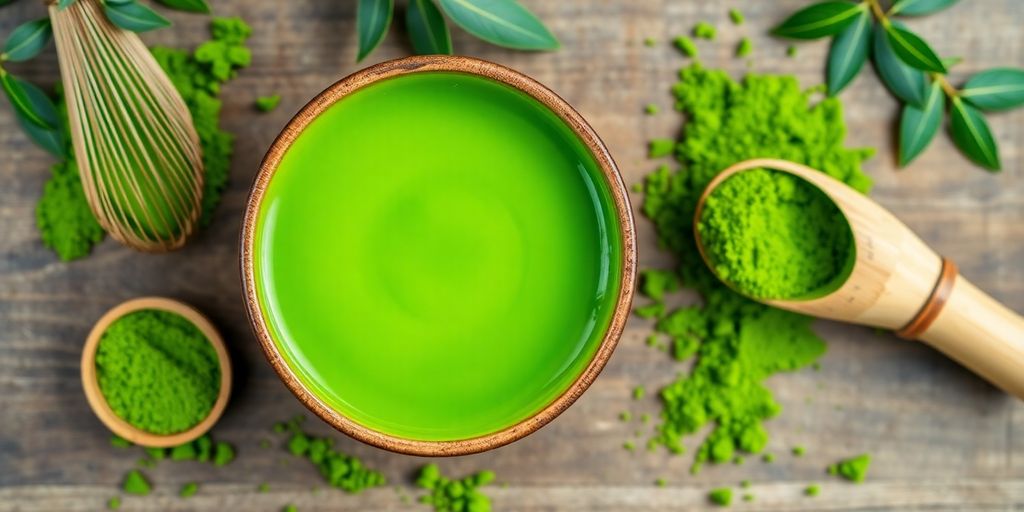During the festival of Sharad Purnima, one cherished tradition that brings families together is preparing and consuming kheer. Kheer, a sweet and creamy rice pudding, is not only a delicious treat but also a source of various health benefits, especially when it’s left out under the moonlight.
The moonlight is believed to have purifying and healing properties according to many cultures. Traditional practices state that food left out under the moonlight can absorb its energy. In Ayurveda, the energy of the moon is associated with coolness and nourishment, and it’s believed to enhance the taste and health benefits of the food. Thus, leaving kheer out under the moonlight during Sharad Purnima not only enhances its taste but also its nutritional value.
The ingredients used in making kheer also contribute to its health benefits. Rice, the main ingredient, provides energy through carbohydrates. The other key ingredient—milk—is a rich source of protein, calcium, and essential vitamins. The dish is often garnished with dry fruits like almonds, cashews, and raisins, which are a good source of healthy fats, fiber, and antioxidants.
Kheer serves as a healthy fusion of nutrients found in milk and rice. It is made by simmering milk and cooking rice in an open pan over a low flame. The sugar is added toward the end to bring out the rich, delightful taste. This dish, therefore, comes with the assurance of nutrition and taste.
Going beyond the nutritional benefits, Sharad Purnima and the custom of eating kheer can also bring about mental health benefits. The process of making kheer together can be a therapeutic experience. It promotes mindfulness and a sense of belonging. The communal activities involved can reduce stress and enhance happiness and connectedness.
Eating kheer under the moonlight may also have positive effects on mental health. The atmosphere created by the full moon is strongly associated with a sense of calmness and relaxation. Eating the kheer in such an environment can facilitate mindfulness, an acknowledgement of gratitude, and self-reflection, promoting peace of mind. Furthermore, engaging in such traditions instills a sense of cultural pride and continuity, which benefits emotional well-being.
There are also beliefs that exposure to moonlight enhances the antioxidant properties of the food. Antioxidants are known to protect the body from damage caused by free radicals, which contribute to chronic conditions like cardiovascular diseases, aging, heart disease, anemia, cancer, and inflammation. Kheer, which is already nutrient-rich, may witness these enhanced properties when left under the moonlight.
During Sharad Purnima, the kheer is usually prepared in the evening, and it is placed under the open sky to absorb the moon’s energy after sunset. The kheer is left outside until midnight or a few hours before it is served the next day. It is customary to follow a vegetarian diet on Sharad Purnima as the day is dedicated to rituals and worship.
In conclusion, the tradition of preparing and consuming kheer during Sharad Purnima provides multiple health benefits, from nutritional to mental well-being. Embracing this cultural tradition can not only be a gastronomical delight but also an enriching experience for overall wellness. However, for those dealing with any health issues, it is essential to consult with a healthcare professional for advice on their diet. This will ensure that the benefits of partaking in this tradition are fully realized without causing any complications.



